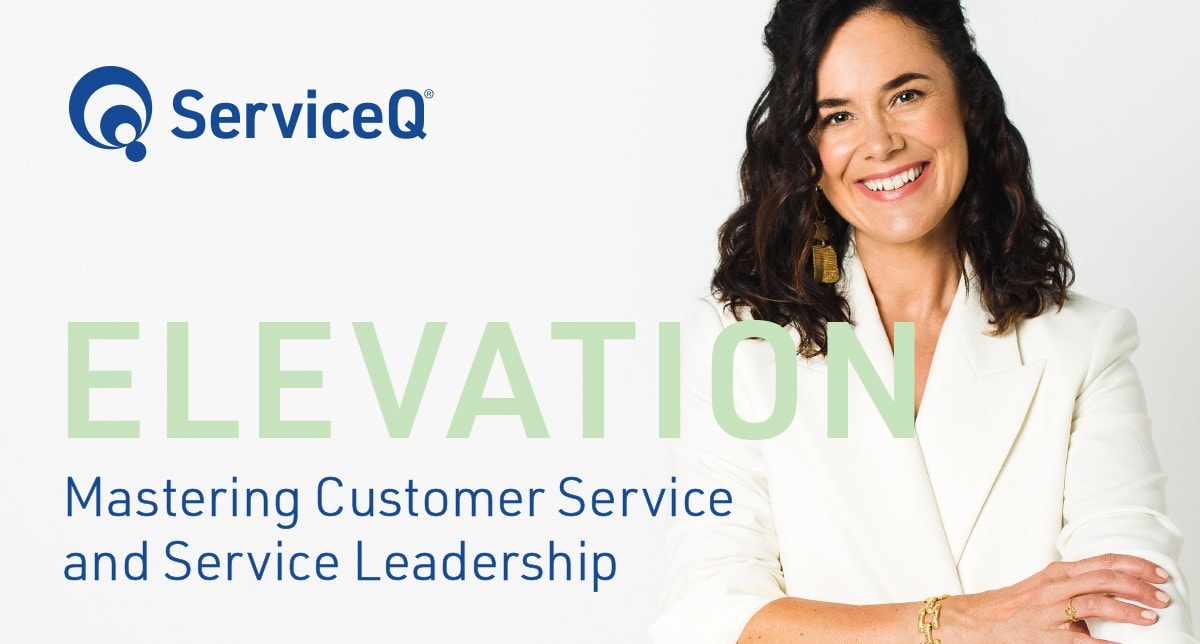Prefer to listen?
Lisa works in a news and books store at Melbourne Airport. She found a passport left on the counter.
She asked the terminal manager to make an announcement over the PA system that a passport had been found. No one came to collect it. Second announcement, no one came. Lisa then started at Gate 1 and walked up to each airline counter in turn to find the passenger who’d lost their passport. When she reached the final gate, gate 12, she saw ahead a woman in distress, crying. Lisa had her passport. It was a moment – a moment of humanity. Lisa felt uplifted and satisfied that she had helped a fellow human being.
On the same day, Todd was leaving the airport, his place of work, to head home after a long shift. Walking through the carpark, he saw a middle-aged lady pushing a trolley stacked with cases and also attempting to push her elderly mother in a wheelchair. He offered to push the trolley of cases to her car, without hesitation, with care and kindness.
These are stories of humanity. These are stories of service.
Being human is a privilege and a purpose itself.
While technology is grabbing everyone’s attention, we forget that service roles have always required a level of presence and attentiveness. The unwritten task for every person in service is to make each person they serve feel like they’re the only person in the room.
Good judgement and uniquely human skills make a difference to people’s lives: AI and robots (at least for the moment) can’t give attention or offer connection the way humans can. A robot might be able to turn to look from a different angle, but it cannot give attention, and it’s the skill of paying attention (rather than just following or giving instructions) that is our advantage.
Sign up to receive new content
